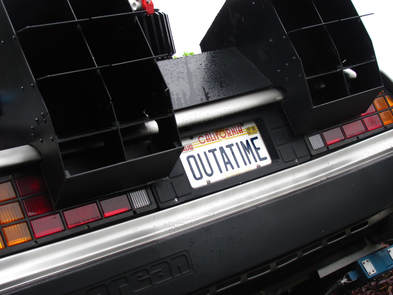|
We were recently invited to sit in on a high school class that asked students, over the course of a semester, to envision how they wanted their own lives to unfold in the coming decades. As the guests of honor, we were there to field questions from the students – all high school seniors – about what we’d learned since we left the cocoon of secondary education.
No softballs came our way in this class. These kids had already been thinking about their questions for a few weeks under the guidance of their teacher, and quickly honed in on some core life issues: “Are you happy, however you understand that word?” “Do you think of yourself as a good person, and are you?” “What’s the biggest mistake you’ve made so far?” And, “If you were going to write a letter to yourself at our age, what advice would you give?” We won’t lie, the session got pretty raw. Not so raw as to tell an unsuspecting group of teens what it’s like to be in recovery from porn addiction, mind you. It wasn’t that kind of setting. But still, we’d lay odds these kids had never heard a group of adults in their 30s and 40s open up about vulnerabilities in way yours truly and others did. One adult talked about coming late to the realization of how important it was to fail miserably. Others reflected, sometimes tearily, about how dreams of having children or careers had eluded them. Perhaps the most trenchant question, for your correspondent at least, was the last one – what advice would you give to the high school senior version of yourself? Now, remember, these students had already done a lot of thinking about this topic. By the time that question surfaced, we were way past answering in clichés like “don’t take yourself too seriously.” In contemplating a response to that question, our inner monologue went something like: “I’D TELL MY 18-YEAR OLD SELF TO QUIT LOOKING AT PORN!!!!” But, raw as the class was, getting into the nitty-gritty of porn addiction seemed too specific. The students were asking the adults to translate our experiences into lessons that would be universal, not idiosyncratic. The adults stepped up the challenge with some uniformly insightful answers:
We have no idea which, if any, of the other adults in that class was in recovery. Their answers, however, struck us as something of a textbook lesson in emerging from addiction, and in turn, of how addiction recovery distills and seeks to address the core challenges of human existence. Would our 18-year old selves have listened to that sage advice? The premise of the class, at least, was we would have. Which is why we feel lucky to have spoken to those young adults. We may not be able to turn back time on our own addictions, but we can play a part in shaping how others confront the future, and in so doing, in making the world a healthier place.
1 Comment
|
AuthorLonger-form writing from the PornHelp team on current topics relating to problem porn use and recovery. Archives
June 2020
Categories |


 RSS Feed
RSS Feed